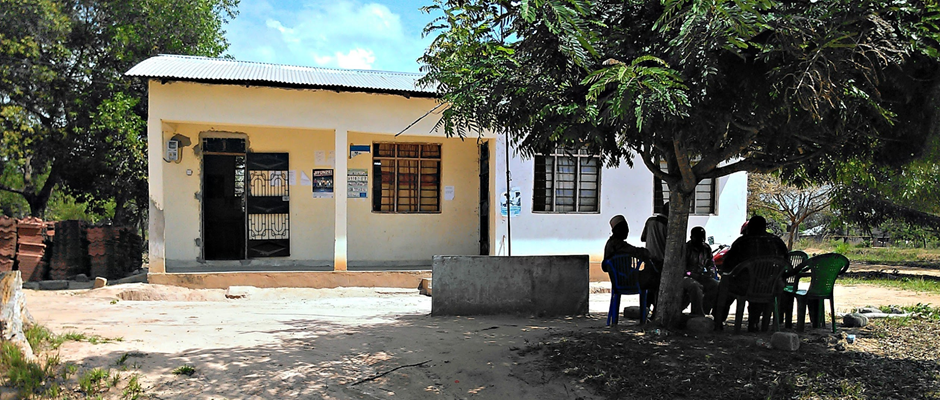
During a research trip to Malawi in 2012, a senior government official commented that nearly two decades after the government had renewed its commitment to democratic decentralisation, the working of local government in Malawi was something of a ‘black box’. Ahead of the local council elections in May 2014, the Overseas Development Institute (ODI) carried out a study to help government and donors better understand how local government works in Malawi and how decentralisation affects local service delivery. Importantly, the research also set out to understand why local government and service delivery work the way they do, to explain variation across the country, and to assess whether the return of local councils is likely to improve the functioning of local government and the delivery of services.
Malawi’s health and education sectors are subject to well-known, long-standing problems. For instance, the government has repeatedly been unable to ensure a sufficient supply of infrastructure, essential materials (e.g. drugs, textbooks) and trained staff to meet the needs of most Malawians. Such shortcomings in the delivery of quality services are reflected in sector outcomes, such as low rates of school completion, deteriorating exam results, nationwide stock-outs of key medicines and persistently high rates of maternal mortality. Access to safe drinking water is undermined by erratic supplies in urban areas and the disrepair of many water points in rural areas.
While acknowledging the need for good technical inputs, the report’s authors argue that these types of sector outcomes arise largely from institutional and governance problems. They identify policy incoherence as the principal cause of the functional fragmentation found in local government and in sectors at local levels, and of the unclear mandates and overlapping jurisdictions that characterise local government. While variations do exist across the country, services and time, these are caused in large part by the informality of local government, which gives rise to ad hoc systems adopted by a succession of district and city executives, and by the characteristics of particular goods and services.
The competitive clientelism that is prevalent in the existing governance arrangements sets up strong incentives for elites to establish and maintain institutions that enable them to deliver rewards of different kinds to their factions and supporters, and to retain their positions in the party, by demonstrating their usefulness to its leader. Conversely, they often have few incentives to work together to build institutions that will deliver national public goods over the long-term.
Tam O’Neil and Diana Cammack with Edge Kanyongolo, Moir Walita Mkandawire, Tuntufye Mwalyambwire, Bryn Welham and Leni Wild. Fragmented governance and local service delivery in Malawi. Overseas Development Institute (ODI). May 2014.
http://www.odi.org/publications/8382-fragmented-governance-local-service-delivery-malawi




